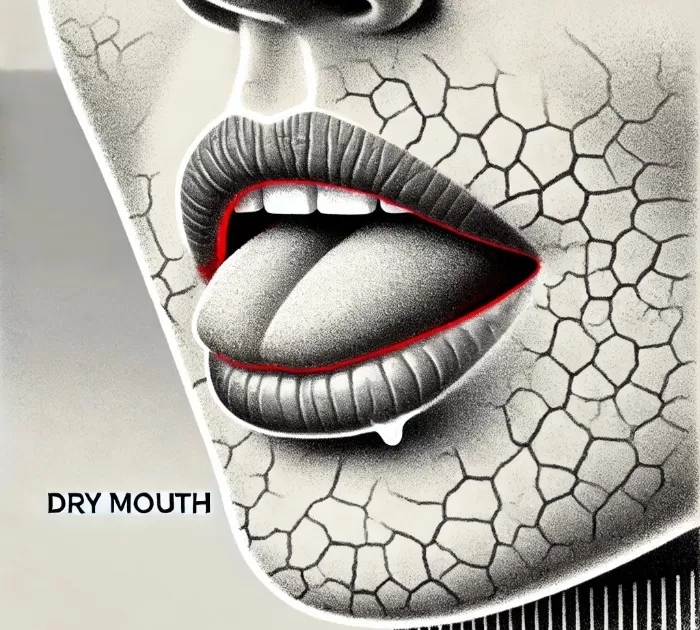Introduction
Dry mouth, also known as xerostomia, is a common symptom experienced during menopause and perimenopause. It occurs due to hormonal changes, particularly the decline in oestrogen and progesterone, which can affect the function of the salivary glands and reduce saliva production. Saliva is important for maintaining oral health, aiding in digestion, and preventing infections. With less saliva, the mouth can become dry, uncomfortable, and more susceptible to issues like tooth decay and gum disease.
Additionally, other menopausal symptoms, such as anxiety and stress, may exacerbate dry mouth. Certain medications used to treat menopause-related symptoms, like antidepressants or antihistamines, can also contribute to reduced saliva flow.

